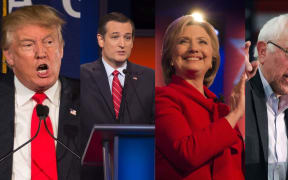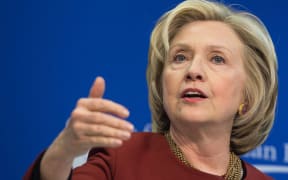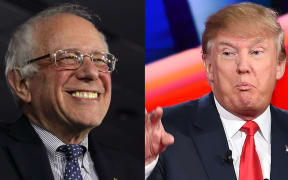ANALYSIS: Donald Trump and Bernie Sanders were the big winners in New Hampshire, but how reliable are those results, and what does it all mean for the race for the White House?
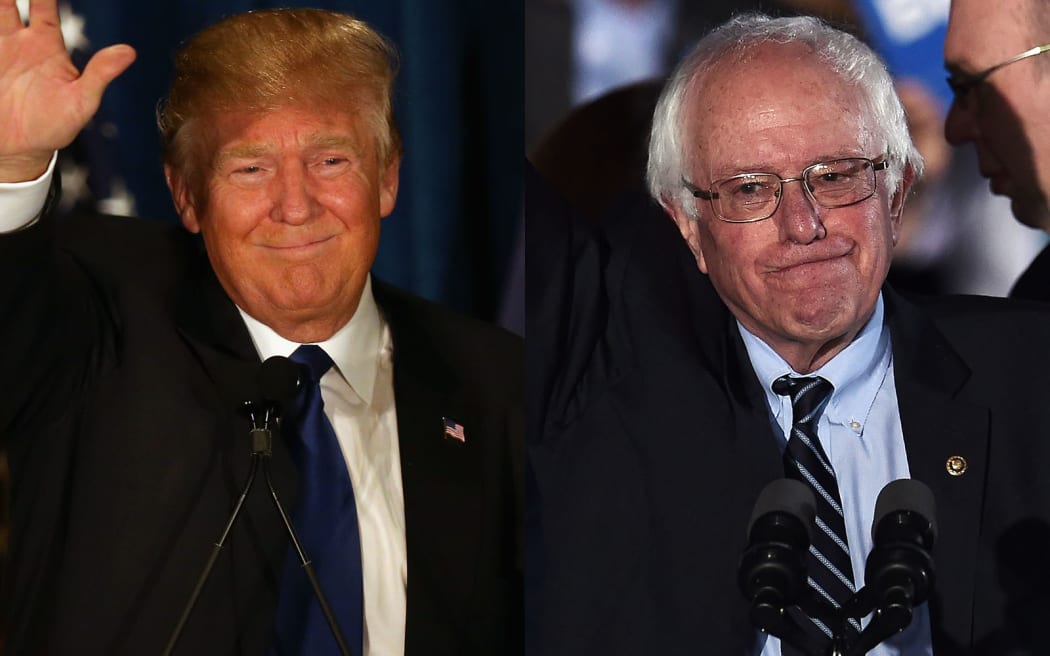
Donald Trump and Bernie Sanders Photo: AFP
The New Hampshire basics
New Hampshire is the second state contest for presidential nominations but is the first primary - think ballot boxes rather than the public hall meetings of a caucus.
Untypical: Like Iowa, New Hampshire is not one of the most representative states to begin the contest. It's rural, well off, liberal, white and ties as the least religious state in the union, but it is traditional.
Unreliable: It's not exactly a bellwether. In recent decades it's chosen the Republican nominee more often than the Democrat, but even then has only been correct five times in 40 years, and only two of those candidates became President.
Dainty: New Hampshire possibly calls itself the Granite state to make up for being so small. It's the size of Waikato. So it's possible to carry out what Americans call "retail politics" (shaking babies, kissing hands), and there's a myth that doing so is all-important there. Sometimes an unknown candidate has made a big impact with hard work - such as President Jimmy Carter - but these days only 15-20 percent or so of voters will have seen a candidate live.
Affordable: TV airtime isn't prohibitively expensive in New Hampshire, so the smaller campaigns can sometimes still afford to saturate the airwaves. Senator Bernie Sanders has done just that. He spent $2.8 million in ads in New Hampshire in the past two weeks, compared to just $800,000 for Democrat rival Hillary Clinton.
In New Hampshire the 30 percent of voters registered as undeclared - neither Republican nor Democrat - could vote in either primary, depending on which one they feel it is more useful to sway.
But this probably didn't affect the outcome. There was a push a week or so ago amongst Democrat-friendly independents to support Kasich as the sensible Republican; he did very well and Mrs Clinton, who might otherwise have been their natural choice, probably wishes the voters had "stayed on the porch".
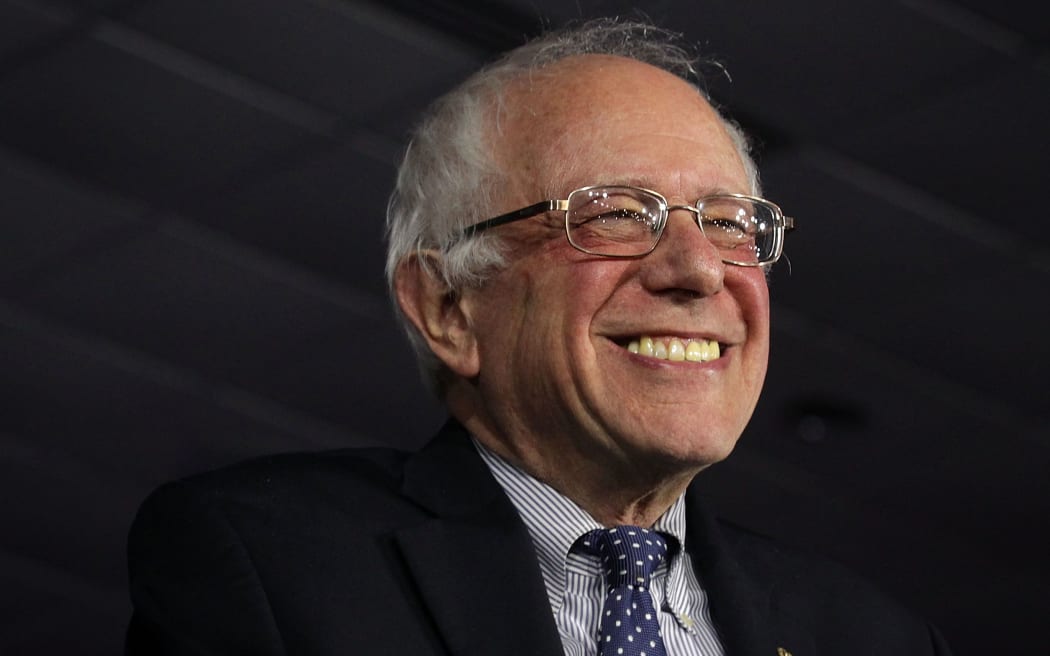
Bernie Sanders Photo: AFP
Outcomes - Democrats
Mr Sanders won handily. He will be enormously relieved. New Hampshire was very important for him to win. The only state he is more likely to win well is his own one, Vermont, right next door. If a Vermontian can't carry New Hampshire he's in deep trouble.
Polling in New Hampshire is notoriously difficult. Apparently the locals don't make up their minds until the last minute. There were 40 percent undecided in a poll earlier this week. But Mr Sanders has been leading Mrs Clinton by 10-20 percent in February polls and has performed at the top of that range. So he had a stellar day.
Mr Sanders will now ride a media wave into the next contests in Nevada on 20 February and South Carolina on 27 February. He needs it. Mrs Clinton will be much stronger in both of them.
As for delegates, Mr Sanders looks to have gained 13 and Mrs Clinton nine. This is small stakes when they need 2383 to win the nomination. The total so far, including super delegates, is Mrs Clinton 394, Mr Sanders 42. The other 26 hopeful Democrats on the New Hampshire got none.
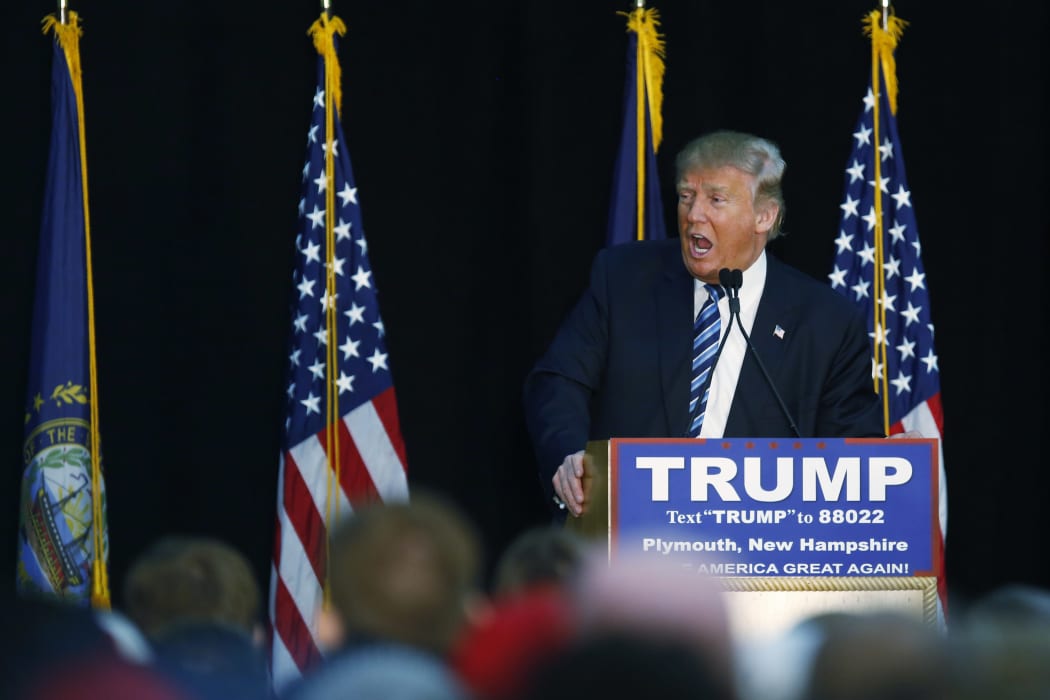
Republican presidential candidate Donald Trump speaks during a rally at Plymouth State University, February 7, 2016, in Plymouth, New Hampshire. Photo: AFP
Outcomes - Republicans
In the New Hampshire Republican contest, Republican candidates need to top 10 percent to get any delegates at all. Those who fail gift their share of delegates to the winner - in this case Donald Trump. That's fair, right? Mr Trump will likely get 10, the next three contenders get three, two and two. And everyone else spent a lot of time and money for no outcome at all.
Mr Trump did more than win. He got more than twice the votes of his nearest rival.
Ted Cruz, who pipped him in Iowa, was never likely to do as well in the irreligious North East, but would have hoped for second. He can relax a little though, as most of the loser headlines will be about Marco Rubio.
This should have been Mr Rubio's crowning as the establishment candidate - I suggested as much last week. But then he freaked out in the debate with the biggest audience yet, glitching on the same talking point, like a broken Stepford Wife. It's been a bad week. He may now count himself lucky to have only come fifth. This could turn out to be his own 'three branches of government' moment from which there is no return. Everyone together now - "a week is a long time in politics".
Donald Trump won by huge margin in New Hampshire but is still not the darling of the conservative media. Even in his home town.
Today's front page: @realDonaldTrump rises from the dead, wins #GOP primary in N.H. https://t.co/qTD07XlkMJ pic.twitter.com/wbg28tm1Hk
— New York Daily News (@NYDailyNews) February 10, 2016
Oddly the other loser was Chris Christie who took Mr Rubio down, but still did much worse than he hoped and expected, in a state with a tradition of liking moderates. No delegates for him. He may wonder how much longer he can take this punishment.
The moderate that New Hampshire Republicans opted for was the invisible, reasonable candidate, John Kasich. Never heard of him? Exactly. He's been betting the house on New Hampshire and came out with a second place, and widespread news coverage of his 'victory' speech. Much less invisible now, but still a very long shot.
The others - Carly Fiorina, Ben Carson and Jim Gilmore - sank without trace. Jim Gilmore failed to achieve 0.1 percent. Surely he'll give up now.
And this headline told you everything you needed to know about Ben Carson's success - "Ben Carson Primary So Quiet Bartender Knits Blanket".
